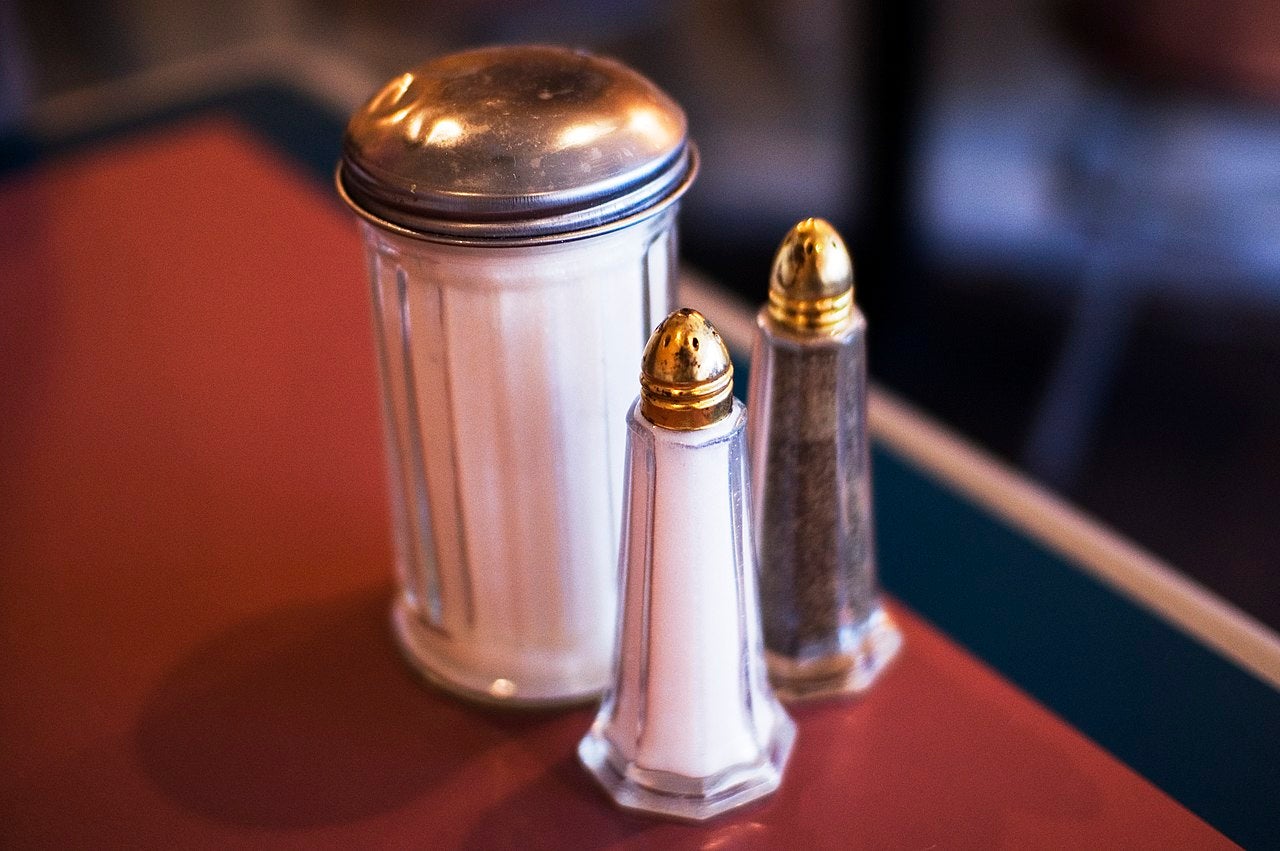April Fool’s Day pranks can be fun, but not always for their targets. Decades ago at WPR, we had a live organ broadcast at noon each day, and the performer would slide onto the bench just a minute before airtime.
As Norman Gilliland tells it, one year a prankster poured a little water onto the shiny organ bench — just enough to coat the whole bench with the surface tension keeping it in place. Evidently it was nearly invisible, and the organist slid right onto the bench, was soaked through to the skin, and had to perform in that state for a half-hour.
I grew up in an Army household — my dad worked on early mainframe computer systems, although he was a trumpet major in college (probably the only music major in his ROTC class!). One year while living on post in Texas, my brother, sister and I came up with the brilliant idea of switching the salt and sugar on the table. The operation was executed stealthily, with parents none the wiser.
Stay informed on the latest news
Sign up for WPR’s email newsletter.
We lurked out of sight on April Fool’s Day morning, watching with glee as they poured coffee out of the percolator, each adding a heaping spoonful from the sugar bowl. My father sipped first, and the result was instantaneous — his face contorted and he ran for the sink to spit out the coffee. He was not pleased, but he did concede that we had pulled off a good prank. We repeated it for a few years afterwards, but I always felt a pang of regret about how that first one went.
No need to regret some of the classical music that works for April Fool’s Day — from Henry Mancini’s “Pie in the Face Polka” to Mozart’s “A Musical Joke,” these pieces make for fun listening. One of my favorites is Rossini’s “Duetto Buffo di Due Gatti,” — the “Funny Cat Duet,” which is comprised of only “meows” sung by two sopranos.

